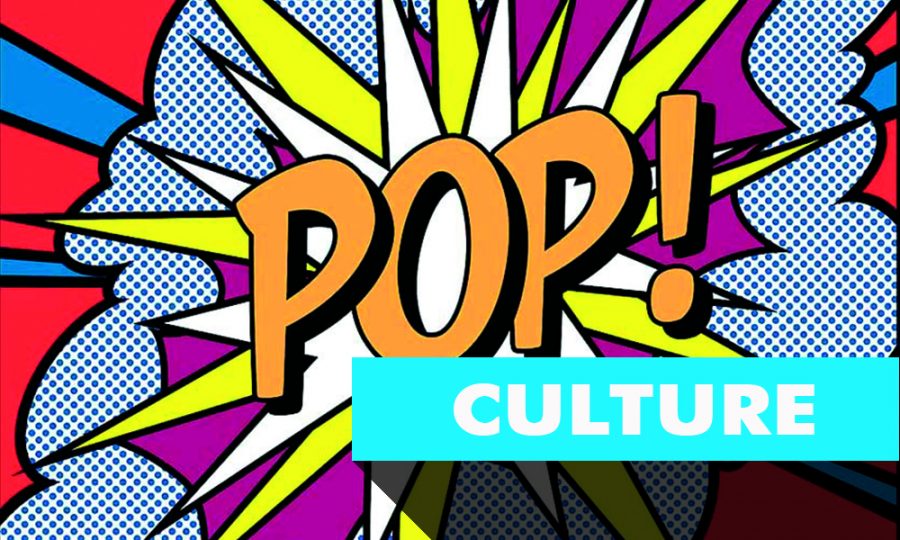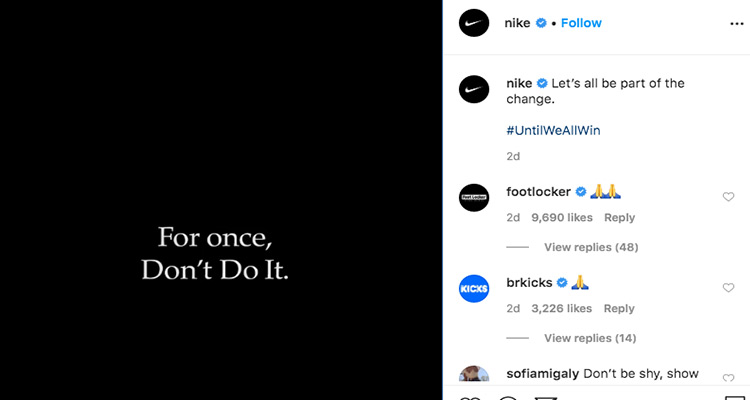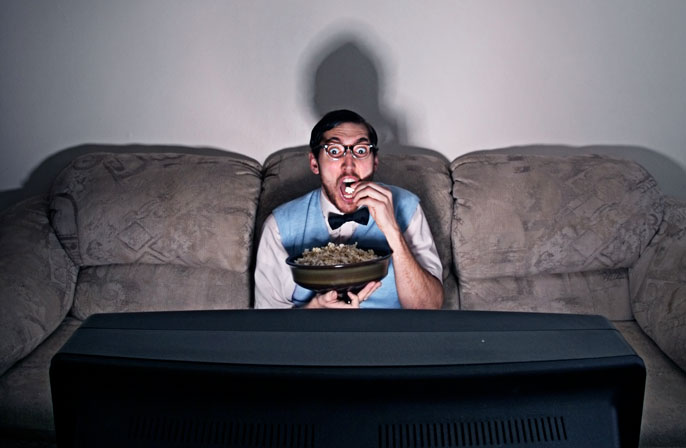We Are Pop Culture
“Pop culture is a universal language that manages in all of its seemingly trivial glory to make us dream and smile, to connect us across racial political, and social divides
Pop
culture is a conversation starter to light topics and the pathway to debating
controversial ones. In the 21st Century world, social media has
allowed the fast-moving of information across the world at an infinitely faster
pace than art, paintings, or sculptures did in the past. Just as those art
forms caused controversy and created discussion, current pop culture invokes
the same response. Due to the rise of social media, people are able to spread
their personal ideologies to anyone around the world or simply like or reshare
the post of someone else as a sign of agreement. For example, activism has a
wider reach yet smaller impact on social media due to this new construct. Malcolm
Gladwell proclaimed the “evangelists of social media” believe that signing up
for a Facebook donor registry is the same activism as sitting at a segregated
Greensboro lunch counter in 1960
Pop
culture is a unifying experience among all people. Aside from the ability to
make us debate, it also can make us laugh, smile, cry, and think. Pop culture
has evolved into a history bank of daily life and defining moments in history
that connect people together. Art, paintings, and sculptures work in the same
way as trending topics on Twitter, controversial lyrics in music, and
captivating storylines in movies or television. Steven Johnson discusses how
televisions have changed over time into complex media that captivates audiences.
“…the mind does like to be challenged; there’s real pleasure to be found in
solving puzzles, detecting patterns, or unpacking a complex narrative system
In
conclusion, pop culture is good for everyone. It is an experience that creates conversations,
commonalities, and emotions among people. Pop culture has changed over the
years to become a freedom of expression that constantly changes. With the rise
of social media and streaming services, pop culture changes based on what
trends at the time, evolving from the formally structured form based on what media
came out at the time to the freedom of choice. Phil Miller said in a TEDx Talk,
“… are we actually creating popular culture, now, ourselves, through social
media, every single second of every day?




Comments
Post a Comment